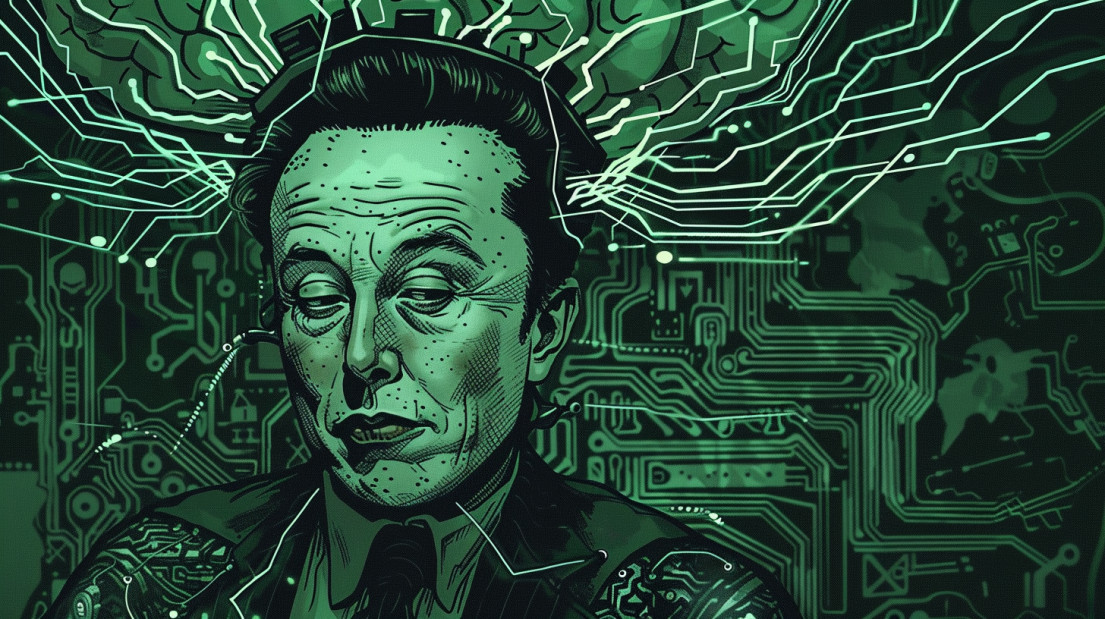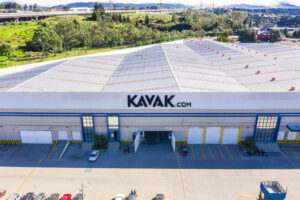
Por Contxto
March 6, 2024
OpenAI has countered Elon Musk’s lawsuit with a revelation. Musk once aimed for “absolute control” over OpenAI, proposing a merger with Tesla or seeking full control.
OpenAI’s refusal was rooted in a commitment to their mission. The disagreement illuminates a deeper ethical debate in AI development. It’s about who controls the technology’s future and how it aligns with the greater good. OpenAI’s stance is a stand for decentralization in AI’s advancement, suggesting a rift between profit-driven motives and a non-profit’s ideals.
This contention also highlights the complexity of open-source ethics in AI. OpenAI’s decision to not fully open-source its work sparks a dialogue on transparency, innovation, and safety. The ongoing dispute with Musk brings to the forefront the challenges of balancing these elements in the fast-paced world of artificial intelligence.

Por Yanin Alfaro
February 17, 2026

Por Israel Pantaleón
February 17, 2026

Por Stiven Cartagena
February 13, 2026